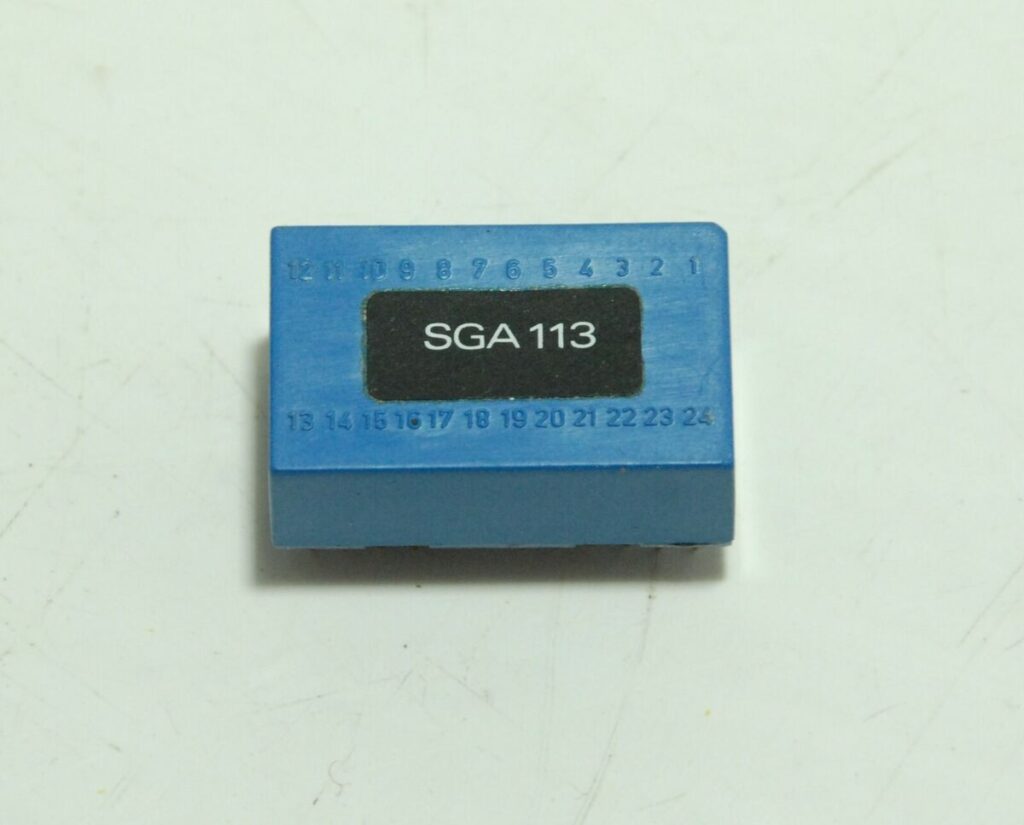
Introduction
In the realm of financial management, understanding various expense categories is crucial for the health of any business. One key component is SGA, or Selling, General and Administrative Expenses. These expenses play a vital role in assessing a company’s operational efficiency and profitability. As businesses strive to maximize revenue while minimizing costs, grasping the implications of SGA becomes increasingly relevant.
What is SGA?
Selling, General and Administrative Expenses encompass a broad range of costs that are not directly tied to the production of goods or services. This includes expenses such as salaries for administrative staff, marketing costs, office rent, and utilities. According to the Financial Accounting Standards Board (FASB), SGA expenses are crucial for understanding a company’s overhead costs, thereby providing investors with insights into overall financial health.
Current Trends in Managing SGA
In recent years, many organizations have started reevaluating their SGA expenditures in an effort to improve profitability. A report by Deloitte indicates that companies that actively monitor and manage these expenses can see improvements in their operating margins by up to 6%. Techniques such as implementing technology for automation, negotiating supplier contracts better, and reviewing headcount have become prominent strategies for many businesses aiming to control SGA costs.
Impact of SGA on Financial Statements
SGA expenses are reported on a company’s income statement and can significantly influence net income and operational margins. A high SGA relative to revenues may raise concerns for investors, indicating inefficiencies or excessive overhead costs. Conversely, a company that successfully manages its SGA is often viewed as being more competitive in its industry. Thus, analyzing SGA expenses is pivotal for stakeholders, including investors and analysts, when evaluating a company’s profitability.
Conclusion
In conclusion, SGA expenses are a vital aspect of financial analysis for any business. With the current economic climate forcing companies to scrutinize their spending, effective management of SGA can lead to enhanced profitability and competitive positioning. As financial markets evolve, stakeholders must continue to pay close attention to these expenses and adjust their financial strategies accordingly. Understanding SGA not only helps in evaluating a company’s cost structure but also provides actionable insights that can drive long-term success.






